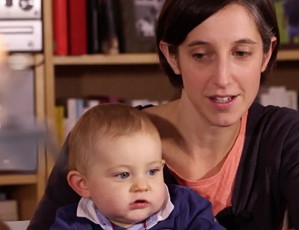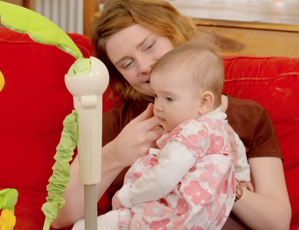Do you suspect that your baby may be allergic to proteins in cow’s milk?
Cow’s milk protein allergy (CMPA), also known as cow’s milk allergy (CMA), is one of the most common food allergies in babies and young children. The symptoms can be distressing, but CMPA can be easily managed with the correct diet, so getting a diagnosis is very important. The good news is that the vast majority of children who are allergic to cow’s milk will outgrow this by the time they are 3 years old.This website has been designed to support you and answer your questions throughout the process of diagnosis and management.






 Once diagnosed, cow’s milk allergy symptoms can be easily managed. With the correct support, feeding your baby will be as smooth and enjoyable as for any parent.
Once diagnosed, cow’s milk allergy symptoms can be easily managed. With the correct support, feeding your baby will be as smooth and enjoyable as for any parent. 